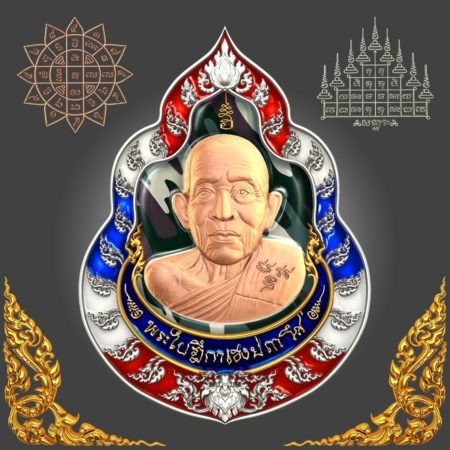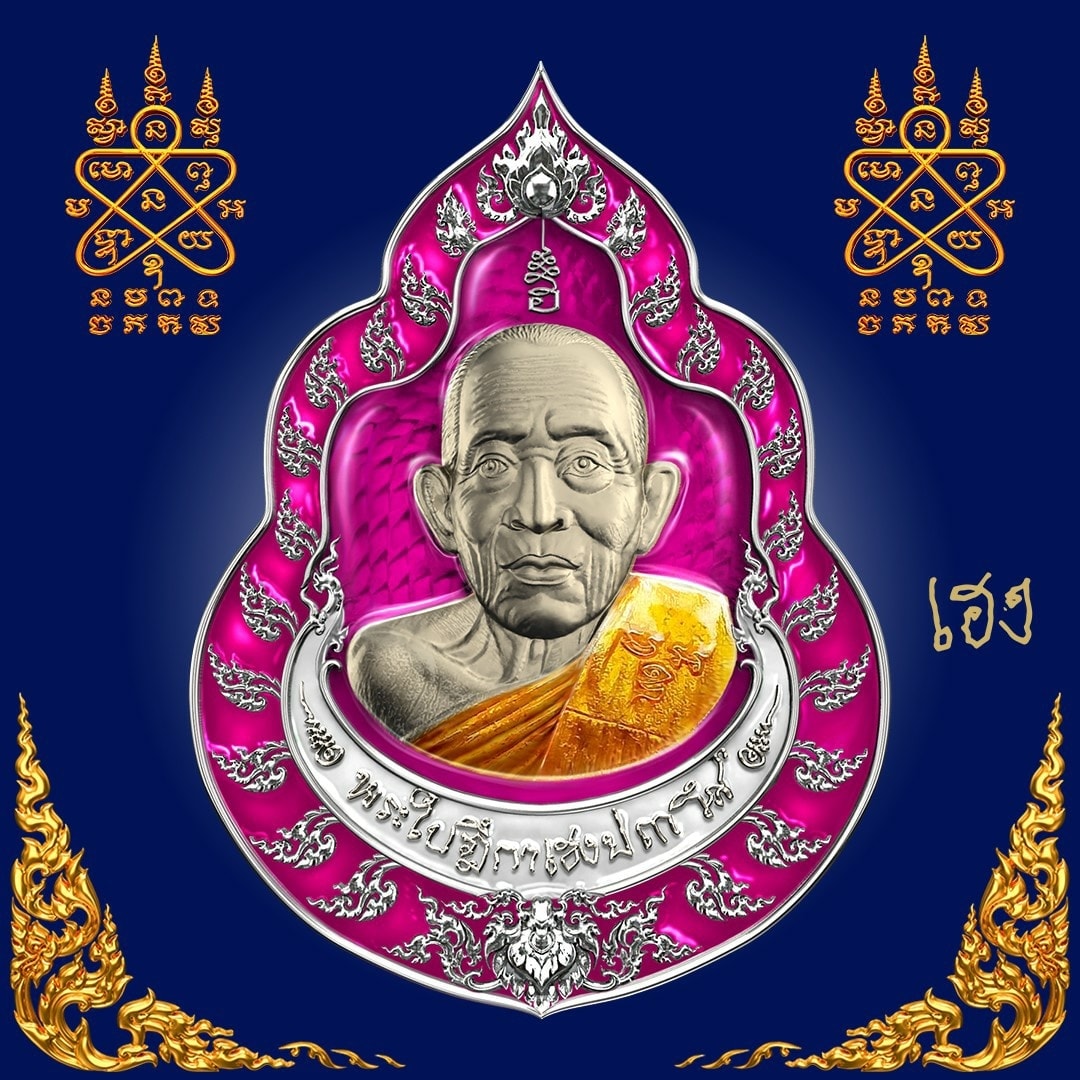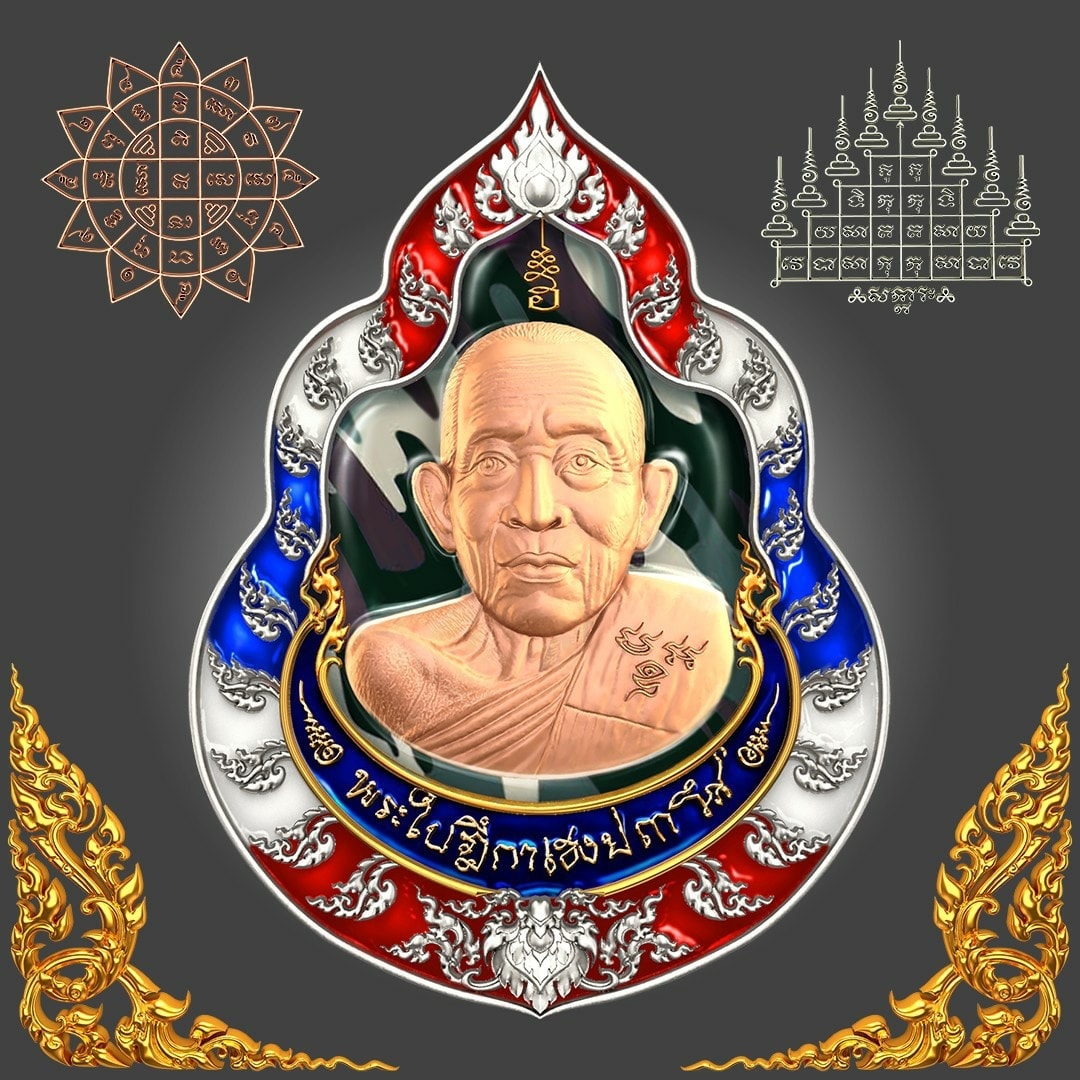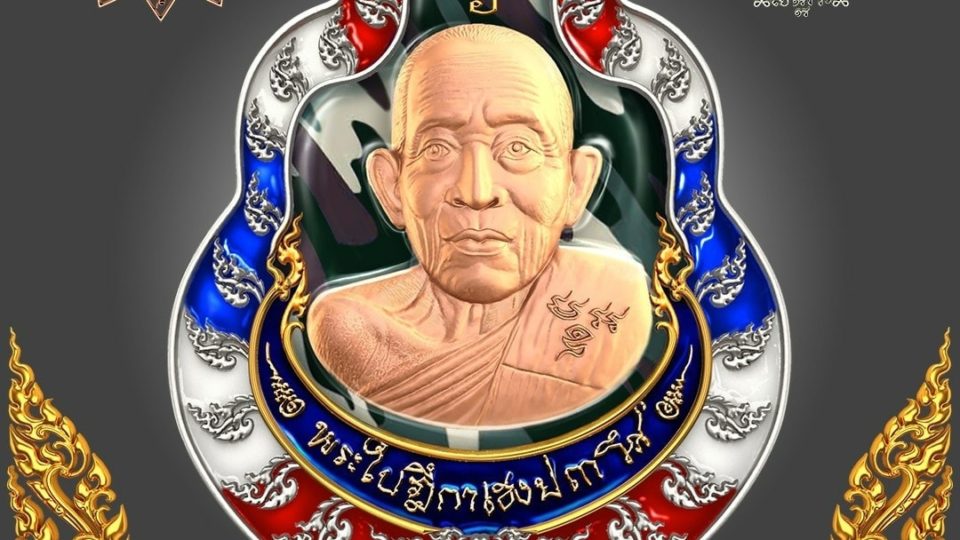You know that NFT fever has reached Thailand when Buddhist amulets enter the blockchain.
Billed as the first kind of Thai amulets on the blockchain, the recently launched Crypto Amulets sells amulet NFTs (non-fungible tokens) that have been blessed by a guru monk.
“Thai amulet is highly valued because it has millions of collectors all around the globe with $1.25 billion of value traded every year!” wrote on the website.
The site is offering a total of 8,000 artworks across eight tiers – ranging from wood to stone, gold and crystal – with prices starting from 0.02 Ethereums (THB1,610) to 0.8 Ethereums (THB64,564).
All these pieces of digital art are claimed to be blessed by Luang Phu Heng Papaso, the highly-respected, 95-year-old abbot of Pattana Thamkaram Temple in Surin province.
Crypto Amulets is planning its next “drop” — an auction of new NFTs — on June 26. There’s a kicker: Crypto holders can place bids until 24 hours before the drop, but no one knows what artwork they will receive. Meaning, you bid in advance, and what you get will be a unique surprise.
Buyers will get full control and commercial rights to any NFT amulet they purchase. Another perk? They will gain “good merit,” as up to 18% of the proceeds will be donated to beneficiaries not specified on the website. More details are available online.
For those still trying to make sense of the NFT craze, here’s a primer.
NFTs are digital pieces of art that use blockchain technology (similar to cryptocurrency) to verify their uniqueness, original author and owner. They can be anything digital, from photos and music to paintings and even tweets. The technology doesn’t assign value directly, but rather allows the asset to be verified as unique (for example, No. 5 out of 100 copies), which allows it to be sold on a digital marketplace consistently.



Related
See art you can’t touch and maybe not afford at Bangkok’s debut NFT exhibition




